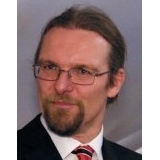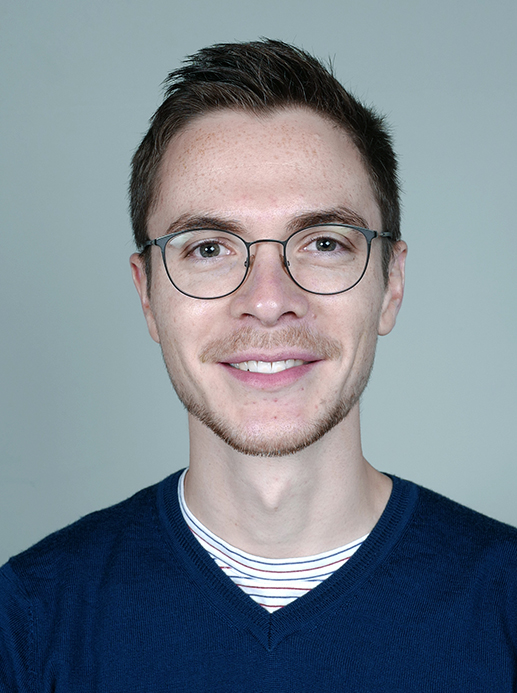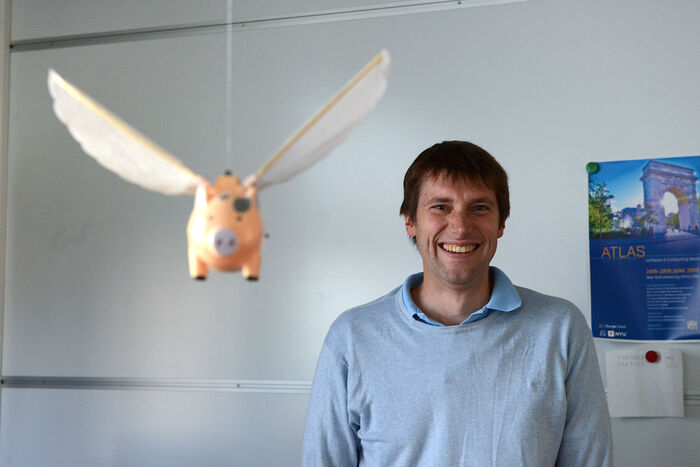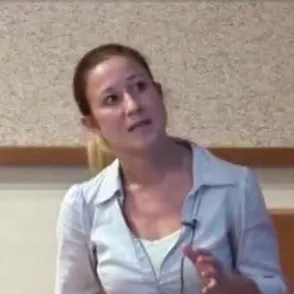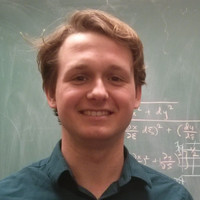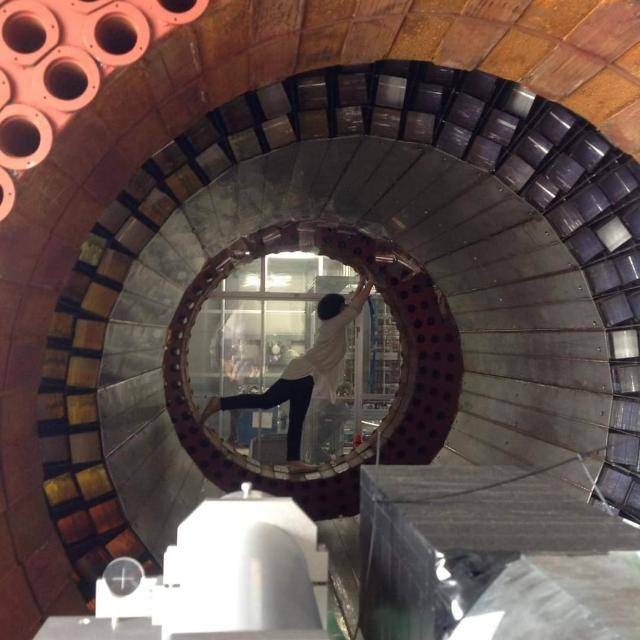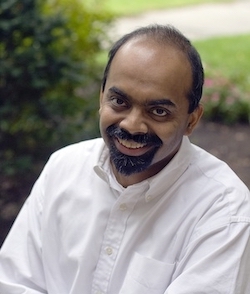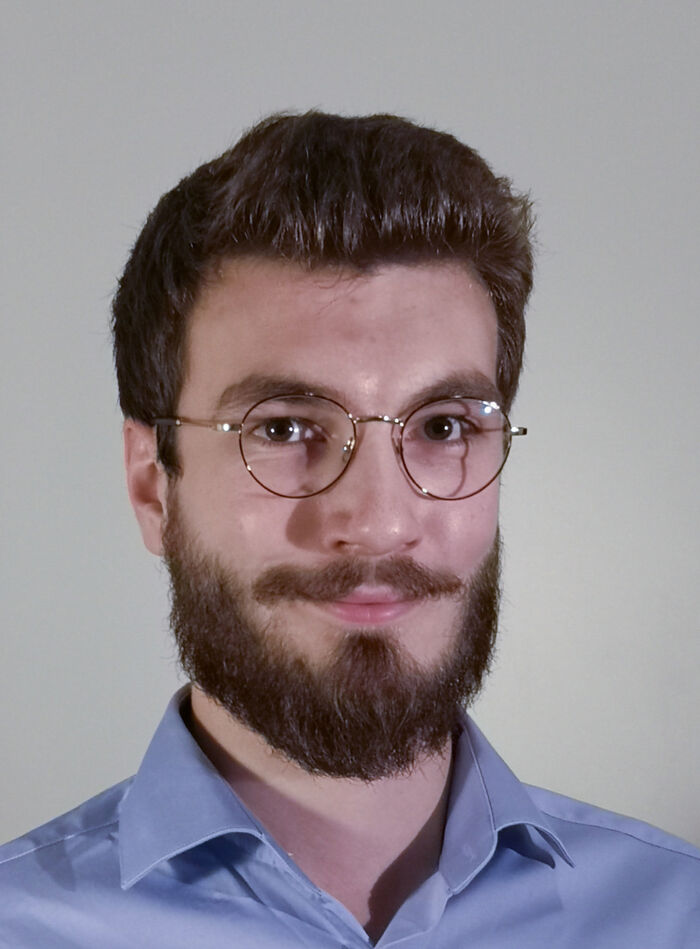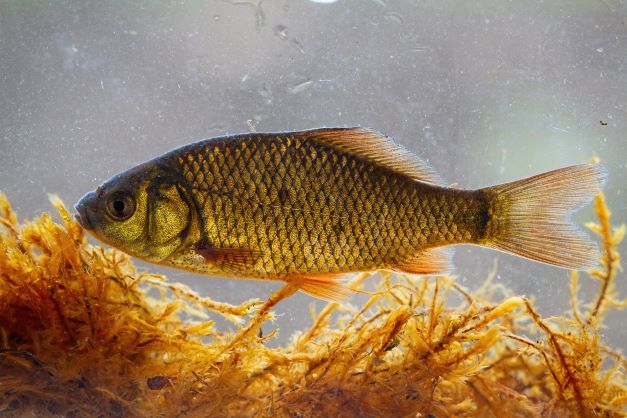Tidlegare gjesteforelesninger og seminarer - Side 10
Operator algebra seminar by Alexander Müller-Hermes (University of Oslo)
Welcome to the next seminar of the semester, where we will host a talk by Synne Bjørnestad (Doctoral Research Fellow, Progida Group, FYSCELL, IBV)
Welcome to our GEOHYD Lunch Seminar Friday 14th of April @ 12:15 in Aud. 2, Geology building, or via video link using Zoom. The seminar is held by Jukes Liu, Geo, Boise State University.
Variable selection methods based on L0 penalties have excellent theoretical properties to select sparse models in a high-dimensional setting. There exist modifications of BIC which either control the family wise error rate (mBIC) or the false discovery rate (mBIC2) in terms of which regressors are selected to enter a model. However, the minimization of L0 penalties comprises a mixed integer problem which is known to be NP hard and therefore becomes computationally challenging with increasing numbers of regressor variables. This is one reason why alternatives like the LASSO have become so popular, which involve convex optimization problems which are easier to solve. The last few years have seen some real progress in developing new algorithms to minimize L0 penalties. We will compare the performance of these algorithms in terms of minimizing L0 based selection criteria.
Simulation studies covering a wide range of scenarios which are inspired by genetic association studies are used to compare the values of selection criteria obtained with different algorithms. Additionally some statistical characteristics of the selected models and the runtime of algorithms are compared.
Welcome to our GEOHYD Lunch Seminar Friday 31st of March @ 12:15 in Aud. 2, Geology building, or via video link using Zoom. The seminar is held by Andreas Max Kääb, GEO.
Nicolas Poirier, Ph.D. fellow at Rosseland Centre for Solar Physics, University of Oslo.
Felleskollokvium by Dr. James Catmore, Dept. of Physics, UiO
Lecturer: Christa Cuchiero (University of Vienna)
QOMBINE seminar talk by Vebjørn Hallberg Bakkestuen (UiO)
By Ken A. Thompson from Stanford University, USA
Constructing fast solution schemes often involves deciding which errors are acceptable and which approximations can be made for the sake of computational efficiency. Herein, we consider a mixed formulation of Darcy flow in porous media and take the perspective that the physical law of mass conservation is significantly more important than the constitutive relationship, i.e. Darcy's law. From this point of view, we propose an inexact solution technique that nevertheless guarantees local mass conservation. The method is based on first solving the mass balance equation and then computing a solenoidal correction using the curl of a potential field. We extend the method to flows in fractured porous media and present numerical experiments that indicate the efficiency of the scheme.
Azusa Inoue, PhD candidate at Research Center for Nuclear Physics (RCNP), Osaka University, Japan.
Fano manifolds are complex projective manifolds having positive first Chern class. The positivity condition on the first Chern class has far reaching geometric and arithmetic implications. For instance, Fano manifolds are covered by rational curves, and families of Fano manifolds over one dimensional bases always admit holomorphic sections. In recent years, there has been some effort towards defining suitable higher analogues of the Fano condition. Higher Fano manifolds are expected to enjoy stronger versions of several of the nice properties of Fano manifolds.
In this talk, I will discuss higher Fano manifolds which are defined in terms of positivity of higher Chern characters. After a brief survey of what is currently known, I will present recent joint work with Carolina Araujo, Roya Beheshti, Kelly Jabbusch, Svetlana Makarova, Enrica Mazzon and Nivedita Viswanathan, regarding toric higher Fano manifolds. I will explain a strategy towards proving that projective spaces are the only higher Fano manifolds among smooth projective toric varieties.
For millennia, origami and kirigami artists have used folds and cuts to create beautiful shapes from a simple sheet of paper. I will describe our recent scientific attempts to catch up with these remarkably imaginative arts phrased as inverse problems in physical geometry that aim to control the shape and rigidity of a thin surface. Using discrete operations that vary the number, size, orientation and coordination of folds and cuts, I will show how to create piecewise isometric kirigami and origami tessellations and control their local and global morphology and mechanical response, mixing experimental, computational and theoretical approaches.
Carlos José Díaz Baso, Postdoctoral Fellow at Rosseland Centre for Solar Physics, University of Oslo.
Innledning ved Kirsten Ullbæk Selvig, gjesteforsker ved Nordisk institutt for sjørett.
Welcome to our GEOHYD Lunch Seminar Friday 10th of March @ 12:15 in Aud. 2, Geology building or via videolink using Zoom. The seminar is helt by Frans-Jan Parmentier, MetOs/GEO.
After a brief introduction to the main physical characteristics of tsunami events, the recently developed Iterative Filtering technique is presented and applied to the decomposition of tsunami signals from pressure and tide gauges. It is shown how these signals are successfully decomposed into components of different physical origins. Then, the time-frequency representation of these time series is obtained by using the IMFogram algorithm, which computes instantaneous amplitudes and frequencies for the previously obtained components. Finally, possible applications to tsunami science are discussed, such as possible applications to real time detection in early warning context.
Nils-Ole Stutzer, PhD Fellow at Institute of Theoretical Astrophysics, University of Oslo.
Estimates of environmental extremes are needed for a multitude of applications. For example, buildings, roads, bridges and dams must be designed to withstand extreme precipitation and flooding events of a certain size. Obtaining such estimates requires a combination of statistical theory and environmental process understanding to overcome data deficiencies: data on extremes are by definition sparse and regulations often require estimates for events that have yet to be observed. We will present approaches to obtain consistent estimates across spatial locations and accumulation periods, and discuss a few open questions on this topic.
Welcome to nex seminar of the semester, where we will host a talk by Laura Valencia (Doctoral Research Fellow, Lefevre-Nilsson Group, FYSCELL, IBV)

